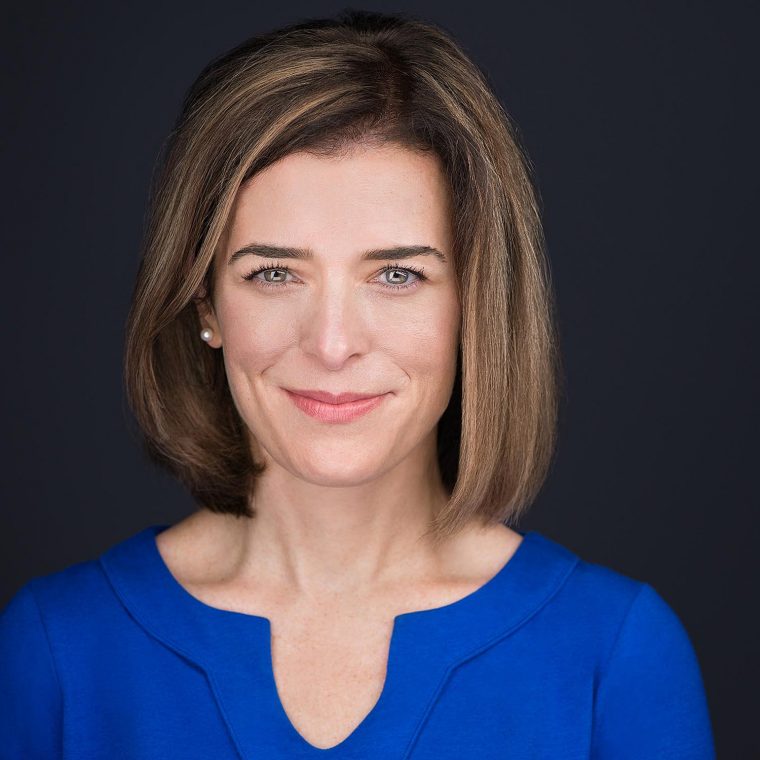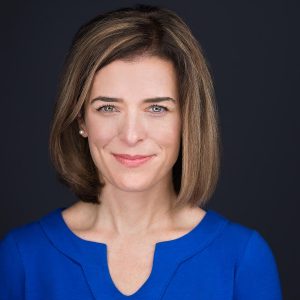Wesleyan Alumni, Students Take Action during the COVID-19 Pandemic


Last March, as the COVID-19 pandemic began to plague the United States, Dr. Amy Fogelman ’97 became engrossed in the country’s lack of understanding about the virus, and even more so in the lack of personal protective equipment (PPE) for healthcare workers.
“At certain hospitals in Massachusetts masks were required, but in others, physicians were told that they were not allowed to wear masks, even if they personally supplied them, because administrators were afraid that the masks would ‘scare’ the patients,” Fogelman recalls. “I watched as my colleagues on social media shared their fears for their lives, and their patients’ lives, but many did not feel empowered to speak up and feared for their jobs if they did.”
As the owner of her own medico-legal consulting firm, Fogelman felt an obligation to speak up for colleagues who couldn’t. So she joined the grassroots, non-partisan, physician-led advocacy group COVID-19 Action Coalition (COVAC-MA) to help advocate for public health measures that will reduce the spread of the virus and save lives. COVAC-MA, a 501c4 nonprofit entity, is comprised of Massachusetts physicians from diverse specialties and employment settings, students, and civic, community, and business leaders working to advocate for urgent government, business, and community actions.
Fogelman came aboard COVAC-MA as the coalition’s executive director of communications. In this role, she is responsible for the overall strategy and coordination of advocacy efforts across the Coalition. She was also initially tasked with creating the group’s website and social media presence.
So she reached out to her alma mater and placed an ad on the Gordon Career Center’s “Cardinals Helping Cardinals” job page looking for a couple volunteers to help with the group’s social media campaign.
What followed was an astounding response: Wesleyan students and alumni now comprise of more than 20% of COVAC-MA’s membership.
“These Wesleyan volunteers have been contributing to the group’s advocacy by creating and managing content for various social media platforms, planning events, running operations including the internal and external websites, and conducting research,” Fogelman said. “Not only has COVAC-MA allowed Wesleyan students and alumni to use their quarantine-induced downtime to fight against the effects of the pandemic, but it has also given them a chance to get firsthand experience working with physicians, community activists, and government officials to support advocacy and action related to COVID-19.”
Current undergraduates involved in the coalition include Talia Feldscher ’21, Jesse Pellman ’22, Thao Phan ’21, Abby Wolk ’22, Lauren Greenberg ’22, Sushraya Jay ’21, Allie Godwin ’23, Qura-Tul-Ain Khan ’22, Miranda Graves ’23, Ali Banach ’22, Darshana Banka ’22, Francesca Fagnani-Coor ’21, Cole Harris ’21, Yunliang (Elsie) Zhao ’22, Edrea Jiang ’23, and Bernard Chedekel ’22. Alumni include Elizabeth Vann ’20, Daniela “Dani” Moreira ’20, Jordan Dunaway-Barlow ’20, Daniela Estrada ’20, Charlotte Rich ’20, Taylor Forman ’18, MA’19, Jake Multer ’20, Casey Rothschild ’20, and Yarden Garonzik ’18. Learn more about their individual roles on the COVAC-MA’s Pitch Deck.
Banka develops content for COVAC-MA’s LinkedIn page and serves as a disparities liaison to ensure the group’s efforts are assessed through a lens that amplifies the voices that have been historically silenced. “Given the implications of this global pandemic not only physically but also financially and mentally, I wanted to be able to create a positive and meaningful impact by speaking up for people and providing access to information in the most efficient and credible manner possible—which is something I am able to achieve through my involvement with COVAC-MA,” she said.
Multer works as the lead design and content manager for the COVAC-MA website. He described how leading the Wesleyan Refugee Project prepared him to manage WordPress sites and coordinate groups to complete tasks with the organization. He also pointed to his molecular biology studies, which helped him understand COVID-19 research; his government major helped him to analyze policies surrounding the pandemic.
In the short time since the coalition’s founding, the group has successfully authored two letters to Massachusetts Governor Charlie Baker outlining measures they recommended the government take during the initial shutdown. Each was signed by over 1,000 local physicians and healthcare workers and went on to make a significant impact on the Massachusetts stay-at-home directive.
Since then, the organization has grown immensely and taken on a wide scope of COVID-19 advocacy issues. For the past few months, some individual members of the group have been collecting donations of masks, gowns, and gloves, and distributing them to Massachusetts hospitals that have had severe PPE shortages. Other members successfully organized two panels of healthcare experts to discuss pressing public health issues with regards to topics such as racism and steps towards reopening and are crafting guidelines on evaluating the safety of summer activities.
“We’ve definitely made a difference,” Fogelman said. “One of our members has donated thousands of pieces of PPE to needy healthcare workers. Another called all the Massachusetts COVID-19 testing sites, finding lots of discrepancies, and updated the Department of Health’s website with this information. We created a risk quiz to tell you the risk level of different activities. We have had two town hall events, and so much more!”
Garnering more than 25 volunteers from the Wesleyan community doesn’t come as a surprise.
“In my years as an undergraduate at Wesleyan, I met many classmates whose devotion and advocacy to important causes served as an inspiration,” she said. “As an alumna, when I return every five years to my class reunion, I am struck by how most of my classmates have chosen careers that are driven by this tenet of advocacy. The Wesleyan students and recent graduates who contacted me to get involved in COVAC-MA also saw injustices in the pandemic. They wanted to help. They too wish to fight to stop this pandemic. This is the Wesleyan legacy.”

